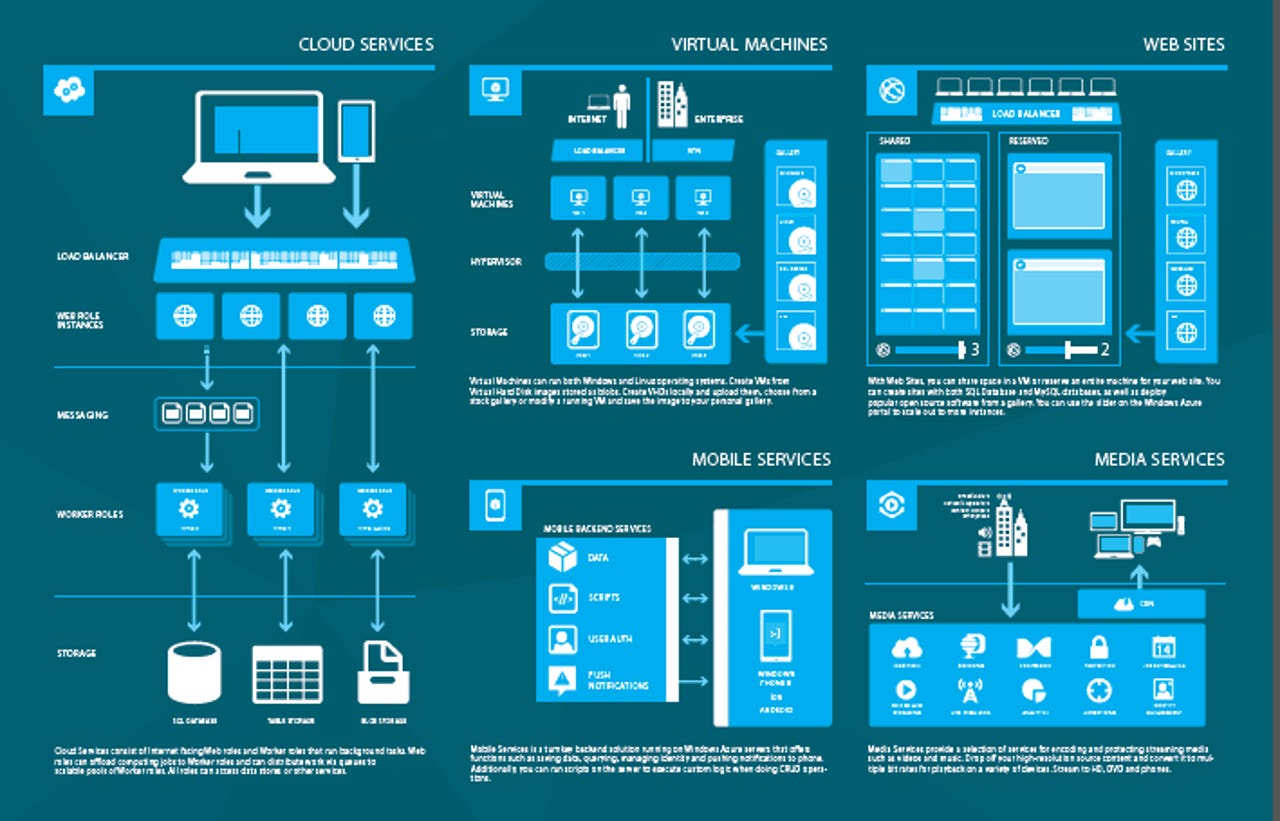Windows Azure joins Microsoft's billion-dollar business club

It looks like Microsoft made good on plans to turn Windows Azure into one of its billion-dollar businesses.

In March, I noted that Microsoft was cultivating five of its businesses to be among the next to reach a $1 billion annual run rate. In addition to Windows Azure, the others on the short list included Windows Intune, Microsoft's device management/security service; Bing Maps; the StorSimple cloud-storage appliance technology; Perceptive Pixel, which makes large, multitouch displays; and Parallel Data Warehouse, Microsoft's parallel data-warehousing appliance which integrates directly with Hadoop.
On April 29, Microsoftofficials told the folks at Bloomberg that Azure had crossed the $1 billion threshhold. The Softies also said Azure subscriptions have risen 48 percent in the past six months, Bloomberg reported.
Microsoft officials already said earlier this month that the company has 200,000 Azure customers (though won't say how many of these are paying, non-Microsoft users).
There are already more than a dozen distinct products/services generating more than $1 billion a year in sales at Microsoft. Those include Windows, Office, Xbox, SQL Server; System Center; Unified Communications; SharePoint; Developer Tools; Dynamics (ERP & CRM); and Online display and search advertising. SharePoint actually crossed the $2 billion a year threshold in 2012.
In fact, the Server and Tools Business (STB) at Microsoft is already home to six of those $1 billion businesses. The other six: Windows Server, System Center, SQL Server, Visual Studio, Desktop access business; and enterprise consulting and support.
Microsoft officials said recently that Office 365 also is poised to become one of its $1 billion businesses. I'd expect that to happen in the next few months, as Microsoft completes its current fiscal year and continues to upgrade more customers to the latest version of its Office 365 business and consumer subscription services.